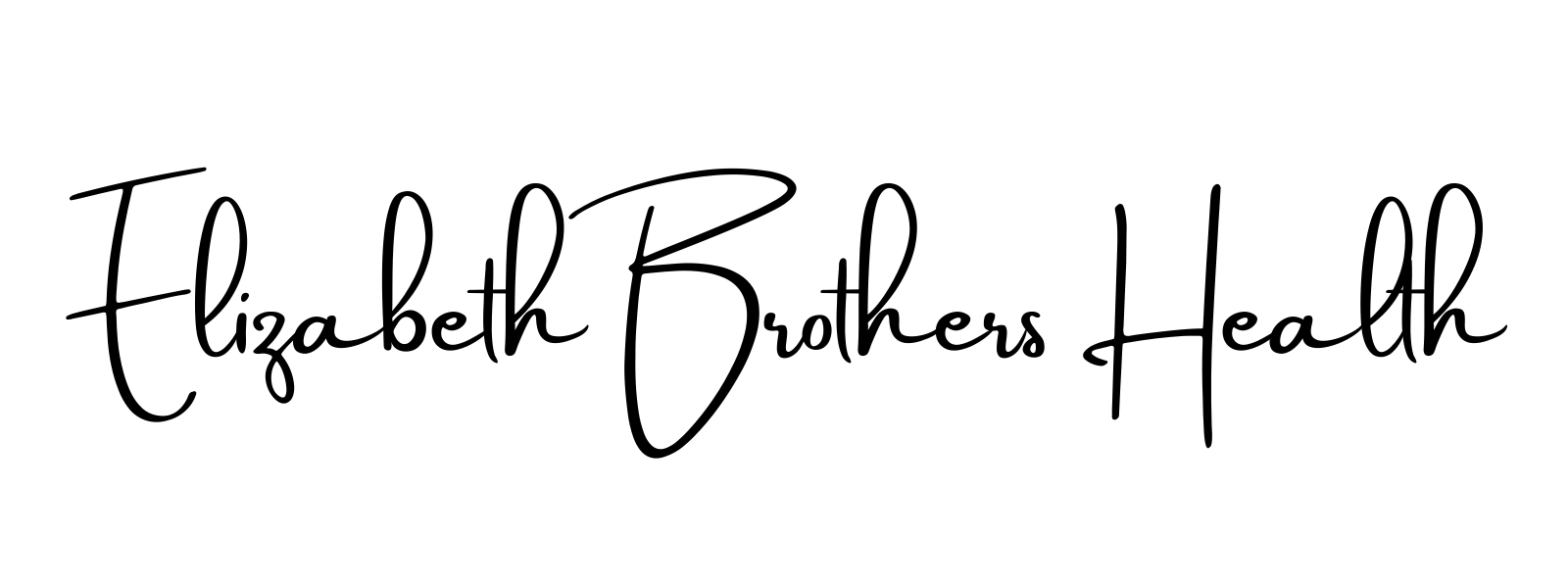I am a person who is on the go all the time. I love being busy, I operate at a pretty fast pace, and I don’t love sitting still. I’m trying to get better at it, but it’s an ongoing struggle for me.
One thing I do really believe in is consistency. If you are trying to set a habit or reach or goal, making big grand changes is going to get you nowhere. It might work temporarily, but big sweeping changes tend to not last long. I work on practicing consistency every day, I talk a lot about being consistent in your actions, and I try to teach the people I work with about this.
Where you’re going to really see the impact, in anything in your life, is consistency.
Being consistent with your mindfulness activities.
Consistency in your healthy food choices.
Consistency in your exercise and movement.
Being consistent in working on stress reduction.
But one of the things I always forget to think about, especially when it comes to consistency, is rest.
I have to give credit for my friend Brittany (aka Healing Ginger on Instagram, go check her out) for this concept because she posted it on social media a few weeks ago and it really got me thinking.
This is one place where I seriously lack consistency.
Consistency Around Sleep
This is one thing I do talk a lot about.
This means going to bed at the same time every night (even on the weekends).
Getting up at the same time every day (even on the weekends).
Being consistent with your light exposure – exposing yourself to natural light in the morning, and reducing your exposure to light in the evening.
Having a consistent sleep routine can help you fall asleep more easily and stay asleep longer.
But the idea of consistency around rest is also crucial.
What Is Rest?
By rest, I mean down time during the day.
I mean times when we’re not asleep, but when we’re not expected to be achieving, producing, completing tasks.
Having consistent rest time built into each day is important for mental health and physical health, but also creativity.
Rest can look a lot like boredom. You know that thing none of us are used to anymore? That feeling, when you experience it, that something must be wrong, you’re missing something, or you can’t stand it and grab your phone to kill a few minutes.
Boredom is incredibly important for rest and creativity.
Adding more rest to your day will also likely improve your sleep. Turning your brain off (and letting your body turn off) is a skill that we all need to work on. The more you practice it, the better you get at it.

What Does Rest Look Like?
This is the fun part! Rest can look like anything you need it to be. Here are a few ways you can incorporate rest into your day.
Walking – despite the fact that this might not feel restful, if you’re always thinking and processing mental information, rest might look like a good walk, or even a workout.
Meditation – incorporating a regular meditation process is a good way to add rest to your day. This can be as simple as a 5-minute mindfulness practice on an app, a 10-minute breathing exercise, or something more involved.
Did you know that Yoga Nidra can be just as effective as a nap? There are tons of great Yoga Nidra scripts on YouTube, and rather than recommend a specific one for you, I’ll suggest you check out a few and see which one resonates with you the most.
Having a hobby – something that you do just for fun, that might be creative, that has nothing to do with your work or your primary focus is a form of rest. Doing something completely different than you’re used to doing is a very powerful way to rest.
Sleep – Not to harp on old points, but sleep is absolutely a form of rest. Make sure you’re working on making sleep a priority to improve your rest at night.
Time away – If you’re really in need of some rest, you should consider time away. This doesn’t mean you need to go on a big fancy vacation. This might just mean taking a week off of work to hang out at home without your family or kids. Or doing a staycation at a local hotel without your kids and partner. Or maybe you need to take a leave from work.
How Much Rest Do We Need?
This can be very individual, but I will always recommend 7-8 hours of sleep every night.
The amount of rest can depend on how tired and burnt out you are, but the general standard is 20-30 minutes of non-sleep rest every day. But scheduling some down time in the day will not only make your sleep better at night, it will also make you more creative, AND more productive!
Do you need some help with sleep? Grab my free resource, 5 Tips to Sleep Better Tonight.
